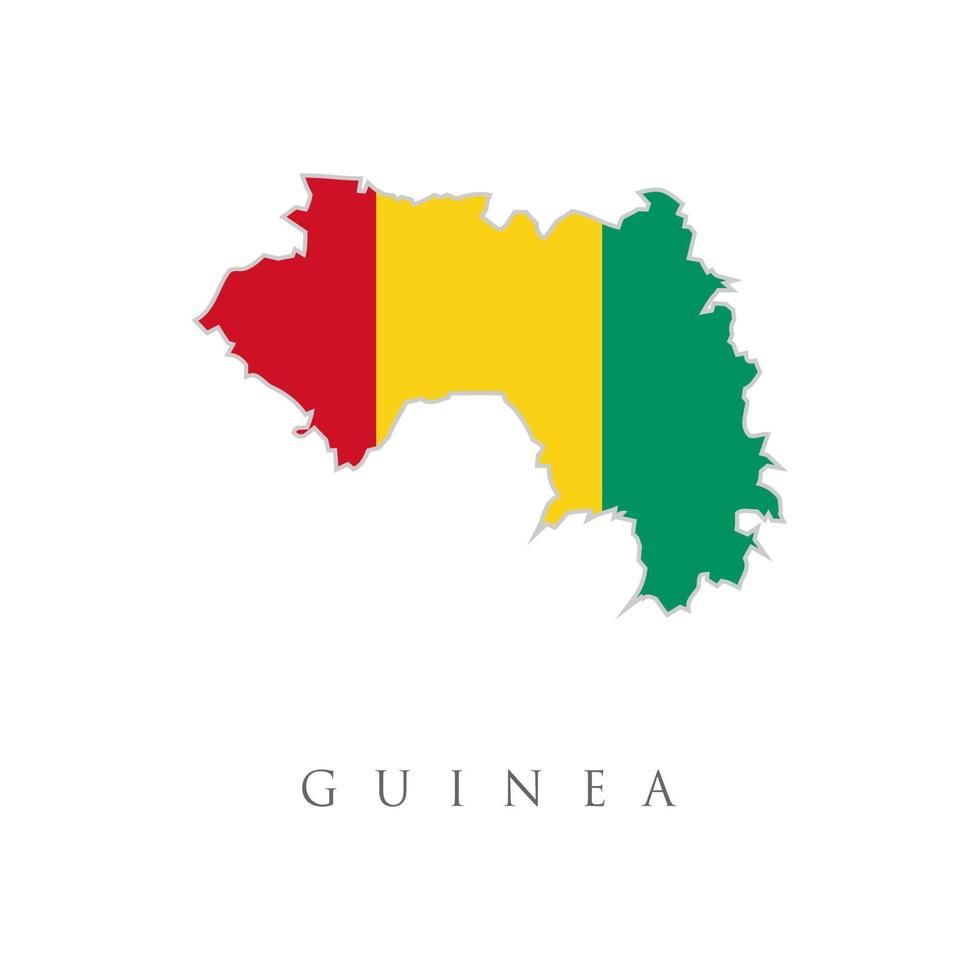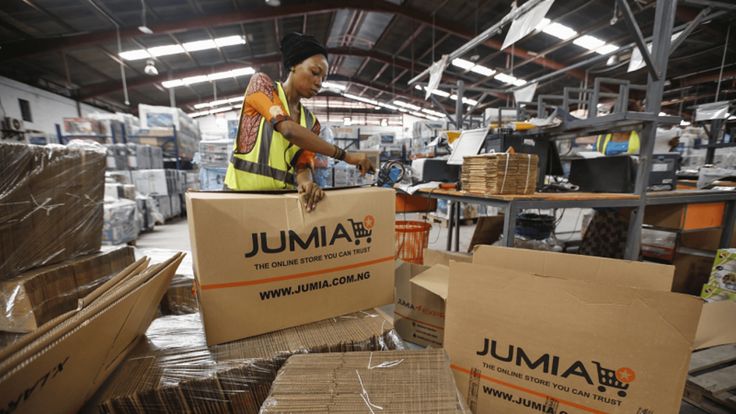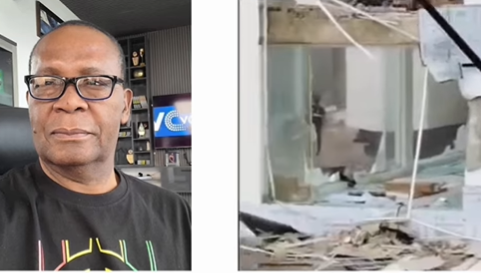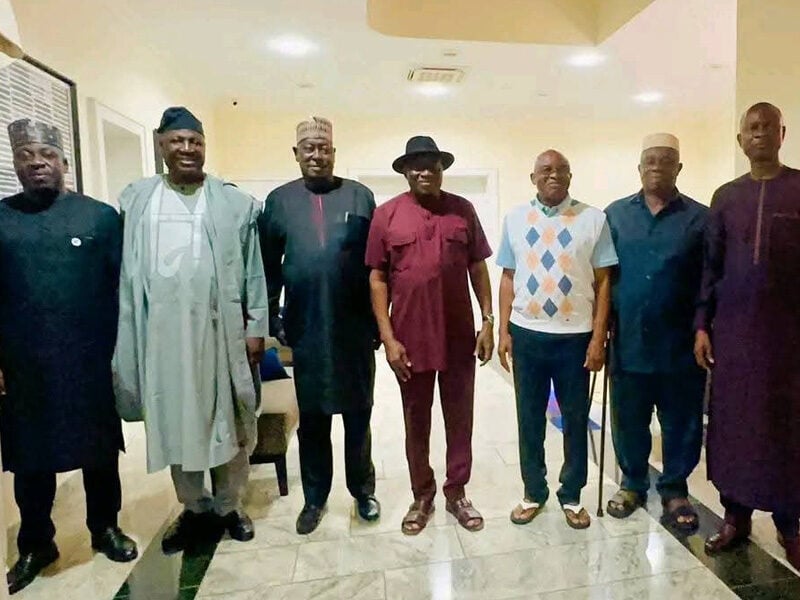Lagos Trade Fair Demolitions Spark Outcry: Gov't Cites No Approval, Obi Alleges Due Process Breach

The recent demolition of structures at the Trade Fair Complex in Lagos has ignited a significant controversy, drawing criticism from former Labour Party Presidential candidate, Peter Obi, and eliciting a strong defense from the Lagos State Government. The incident, which involved officials from various state agencies including the ministry of physical planning and the Lagos State Building Control Agency, has sparked a debate over legality, due process, and compassion.
Peter Obi, accompanied by several federal lawmakers and other political figures, visited the demolished ASPAMDA Market section of the complex on September 30. He vehemently condemned the demolitions, stating that the affected traders had obtained the necessary approvals before erecting their buildings. Obi highlighted the severe economic impact on the traders, many of whom had invested heavily, often through loans, to establish their businesses. He commended the traders for their restraint in the face of such profound loss and urged all levels of government to act with compassion, fairness, and a deep sense of justice. Furthermore, he noted that the visiting lawmakers had pledged to investigate the matter thoroughly to understand the circumstances and prevent future occurrences. Obi emphasized that a society striving for progress must protect enterprise and ensure due process, asserting that such incidents should not occur in a nation aspiring to fairness and shared prosperity.
However, the Lagos State Commissioner for Information, Gbenga Omotoso, swiftly countered Obi's claims, asserting that the buildings demolished at the Trade Fair Complex had no valid government approval. In a statement released on October 1, Omotoso accused Obi of misleading the public with "emotional theatrics" and "misinformation." The Commissioner stated that the owners of the affected buildings had been given ample time to regularize their papers during a general amnesty declared by the state government last year, an offer which was extended multiple times but reportedly shunned. Omotoso further claimed that physical planning officials were denied entry to the complex, beaten, and had to be rescued by the police. He also noted that the building owners refused to attend government-initiated talks.
Central to the Lagos State Government's argument is the assertion that the Trade Fair Management Board, a federal creation, lacked the authority to grant building approvals. Omotoso clarified that physical planning and building approvals fall squarely within the remit of state governments. He referenced the Nigerian Urban and Regional Planning Act of 1992, which mandates planning permits from the Lagos State Government for all physical developments within its territory. This position, he added, was reinforced by a 2003 Supreme Court judgment (Attorney-General of Lagos State v. Attorney-General of the Federation), which confirmed that states retain the authority to regulate development control within their territories, including federal lands, with exceptions only for core areas like military formations. Therefore, while the Management Board might manage leases, tenancies, and commercial activities, any construction requires a Lagos State planning permit, without which such developments are deemed illegal and subject to demolition under state law. Omotoso concluded by urging a choice between a society governed by law or one driven by emotions and political interests.
This detailed account provides a comprehensive overview of the contrasting narratives surrounding the demolitions, highlighting the legal and socio-economic dimensions of the ongoing dispute.
You may also like...
Sports Betting in Africa: Quick Money or Long-Term Addiction?

"Is sports betting in Africa an opportunity for wealth or a trap for addiction? Explore its impact on youth, the role of...
October 2nd: Guinea’s Independence—A Nation With Defiant Beginning and Enduring Story

On October 2, 1958, Guinea made history as the first French colony in Sub-Saharan Africa to boldly declare independence....
The Jumia Story: Lessons From Africa’s First Tech Unicorn

Discover the story of Jumia, Africa’s first tech unicorn, and how platforms like Glovo and Bokku are reshaping e-commerc...
The Silent Cognitive Crisis: Brain Complacency in the Age of AI

“AI offers convenience, but at what cost? Explore how over-reliance on artificial intelligence fuels brain complacency, ...
Legacy Continues: Football Royalty's Son Nets Stunning Screamer for Barcelona Youth

Shane Kluivert, son of Dutch football legend Patrick Kluivert, scored a spectacular 'screamer' for Barcelona's Under-19s...
WNBA Star's Terrifying Health Ordeal: Mitchell Reveals Rhabdomyolysis Left Her Paralyzed

Indiana Fever All-Star guard Kelsey Mitchell revealed she suffered from Rhabdomyolysis during a WNBA semifinal game, cau...
Warner Bros' Box Office Bubble Bursts, But Industry Shrugs: What Does It Mean?

Paul Thomas Anderson's "One Battle After Another" marks a different kind of success for Warner Bros., earning critical a...
DCU's Nightmare: Are Film Franchises Repeating MCU's Fatal Flaws?

The DCU's increasing interconnectivity, particularly in <i>Peacemaker</i> Season 2, is raising concerns about potential ...




